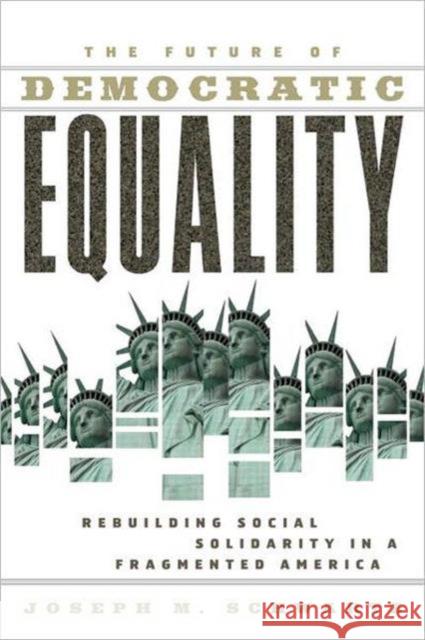The Future Of Democratic Equality: Rebuilding Social Solidarity in a Fragmented America » książka
topmenu
The Future Of Democratic Equality: Rebuilding Social Solidarity in a Fragmented America
ISBN-13: 9780415944656 / Angielski / Miękka / 2008 / 226 str.
The Future Of Democratic Equality: Rebuilding Social Solidarity in a Fragmented America
ISBN-13: 9780415944656 / Angielski / Miękka / 2008 / 226 str.
cena 248,71
(netto: 236,87 VAT: 5%)
Najniższa cena z 30 dni: 226,63
(netto: 236,87 VAT: 5%)
Najniższa cena z 30 dni: 226,63
Termin realizacji zamówienia:
ok. 16-18 dni roboczych.
ok. 16-18 dni roboczych.
Darmowa dostawa!
Joseph Schwartz attempts to imagine a progressive global politics. What would it look like, and how could we get there?











